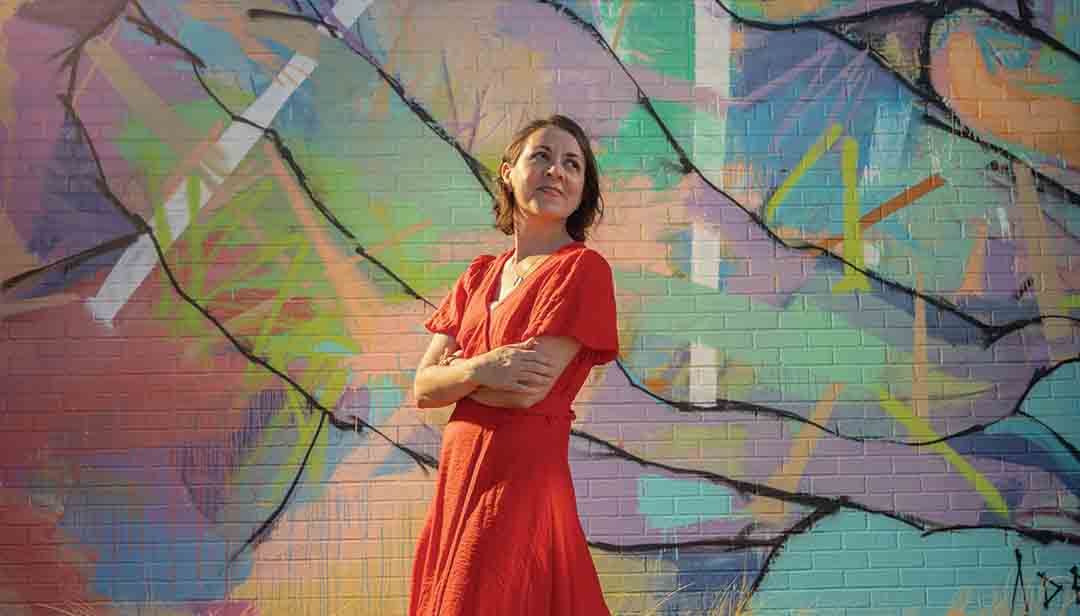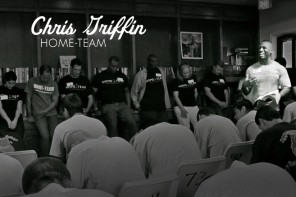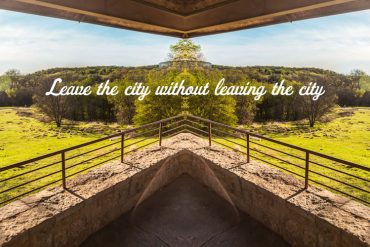In 2012, Aidee Granados headed from Mexico to the United States with her daughter and husband, whose job relocated the family to Texas. One year later, in an unfamiliar city, Granados was diagnosed with breast cancer.
During her healing journey, Granados learned that cancer was a leading cause of death within America’s Hispanic community. Many sufferers were dealing with language and cultural barriers and a lack of access to preventive care and health insurance. The American Cancer Society says that one in three Hispanic women in the U.S. will get cancer in their lifetime. Granados also read that more than 42% of all cancer cases could be prevented with lifestyle changes.
“I knew that I needed to do something to change what was not working,” Granados says. “Because 42% of the cases are preventable and we are dying faster than other minority groups [from] something that could be prevented if we change the way that we are eating and thinking and feeling and moving.”
While in remission, Granados sought to help her community, creating the nonprofit ROSAesROJO. The organization does this through two programs: SuperVive Comunidad, an app that created a virtual community to empower Hispanic women’s health and well-being, and The Rojo Way, a program that provides workshops to Hispanic women on nutrition, positive thinking, healthy emotions and physical activity.
“In Hispanic culture, women are the ones making most of the decisions regarding wellness, so we are working with women as a bridge to the whole family or community,” Granados says. “We are also building skills around the community pillar, because it’s important for them to take care of themselves, but once they are taking care of themselves it is important to share that knowledge within the community.”
The City of Plano, among other organizations, provides grants to ROSAesROJO to give scholarships to Plano-residing Hispanic women to participate in workshops and mentoring sessions to learn to better their lifestyles.
“We are providing social capital for our community to rely on and feel supported by so that those [lifestyle] changes can be attained,” Granados says.
On the SuperVive Comunidad app, users can share wellness and positive community ideas and inspiration and view live or asynchronous classes.
“They [the community] have accompanied me at every step and I have learned how to better manage my emotions and how to name them. This has had a huge impact on my overall physical and mental health,” Deilhy Melissa Mar Alvarez, a participant in ROSAesROJO programs, says. “Today I understand that I need new habits, I need new tools, and I need a community with the same goals. I am grateful today to have goals and to be part of a community with the same values as me.”
Hispanic women are able to participate in The Rojo Way workshops through recommendations of other women who have attended, before taking on 16 hours of online or face-to-face workshops and four sessions of personalized mentoring.
For those who aren’t able to participate in workshops but want to be involved in the programs, the SuperVive app is free to download in the app store.
CORRECTION: This story has been edited from an earlier version which misidentified Granados as having a son instead of a daughter.





